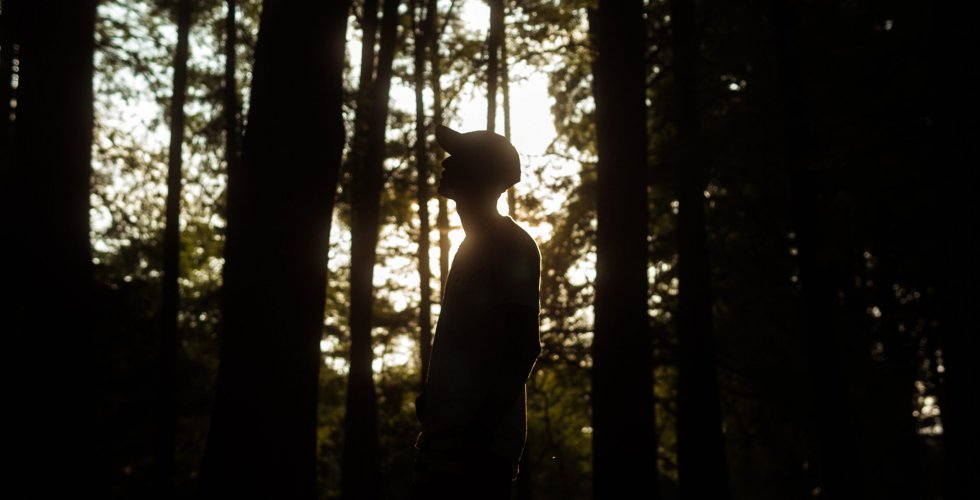
Sexual abuse and LGBTQI
Sexual abuse is when someone is subjected to a sexual act against their will. On this page, we have gathered information about what sexual abuse and consent is and tips on where to turn for support if you have been subjected to abuse.
What is sexual abuse?
Many people understand sexual abuse primarily as being forced into penetrative or oral sex, but it is much broader than that. The term includes various types of offensive sexual acts, for example:
- that someone nags them for sex
- being caressed, kissed or otherwise sexually touched against one’s will
- being forced or persuaded to view pornography
- to be forced into penetrative sex
- people who grope you
Sexual abuse can also take place digitally, for example by being forced to undress in a video chat or sending nude photos.
Consent
In 2018, new sexual crime legislation was introduced, which assumes that all sex must be voluntary. There must also be consent between all involved partners both before and during sex.
Here are some tips on how to ask for consent during sex:
- “Does this feel good to you?”
- “Do you like this?”
- “Do you want to continue?”
- “Would you like to try something new?”
A culture of silence in the LGBTQI community
To being with, many feel that there is a culture of silence in the LGBTQI community regarding sexual abuse. At the same time, we know that it is more common for LGBTQI people to be exposed to sexual abuse compared to people who do not belong to the LGBTQI group. Bisexual women and transgender people are particularly vulnerable. Other groups such as gay men, however, state that they are exposed to sexual abuse to a greater extent.
There are several reasons why there has been a culture of silence surrounding sexual offenses in the community. Many feel that the LGBTQI world is small and that it makes it harder to tell. Some have their entire social context within a close-knit LGBTQI community in their locality, and therefore avoid important LGBTQI contexts to avoid meeting the perpetrator, for example Pride festivals. They have then lost an important breathing hole that is intended just for them. Furthermore, the culture of silence can also be linked to a fear that the abuse will reflect negatively on LGBTQI people as a group.
Norms and expectations affect who is perceived to be a perpetrator or victim
The norms and power structures that exist in society also affect who is perceived as a perpetrator and who is perceived as a victim. For example, there are norms and expectations around gender that mean that men are always expected to be hungry for sex. Therefore, it happens that men’s experiences of sexual abuse are dismissed. Another example is the assumption that women are not violent, and therefore do not commit abuse. Among other things, this perception can lead to it being more difficult for women who have been subjected to sexual abuse to see themselves as victims of crime, if the perpetrator was also a woman.
In order to break the culture of silence in the community, RFSL has, among other things, been involved in producing an anthology about sexual abuse among LGBTQI people, We too. The anthology contains stories from people who have been victims of sexual violence. Additionally, it also provides information from people who work to support those who have been victims. You can find the anthology here .
Support for people who have been exposed to sexual exploitation or sexual abuse
RFSL Support Servie has a long experience of meeting LGBTQI people who have been exposed to sexual abuse. Via our support reception, you can get support calls and help with contacting healthcare and reporting to the police. You can contact RFSL Support Service here.
If there should be misconduct within RFSL or our operations
All operations within RFSL must be safe and secure. RFSL has ongoing quality assurance and safety work, and the organization has several internal guidelines and routines for employees as well as elected representatives and volunteers within RFSL. Among other things, ethical guidelines for qualified support persons, an employer policy and a code of conduct .
If you become aware of or suspect that misconduct is taking place within RFSL or one of our operations, you can blow the whistle. Read more about whistleblowing here.
